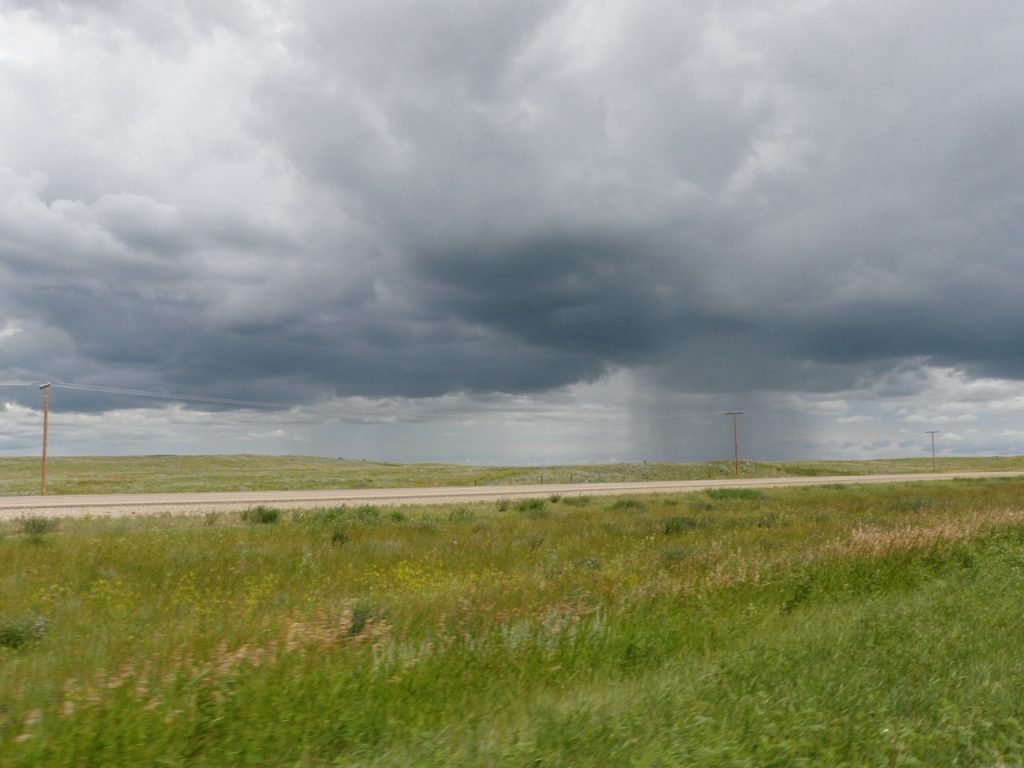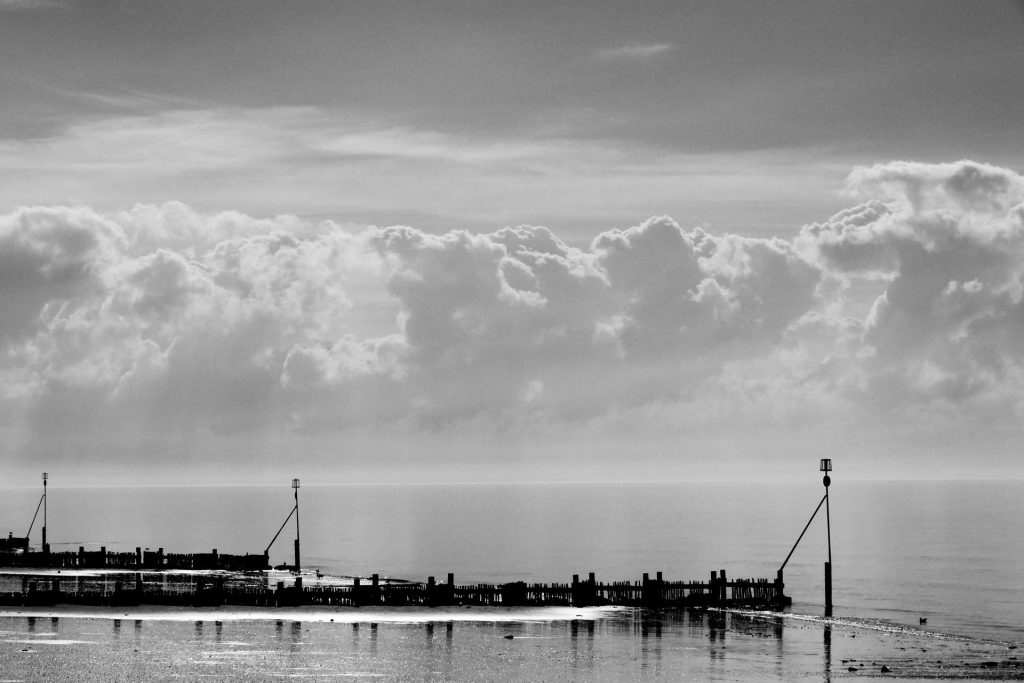
Jesus has deliberately taken the disciples across the Sea of Galilee. “When he arrived at the other side in the region of the Gadarenes, two demon-possessed men coming from the tombs met him. They were so violent that no one could pass that way.”
There is no doubt that one of the men was far more violent and/or verbal than the other, because both Mark and Luke only remember one. Matthew though, recalls two. That the men come out from the tombs means they were living or hiding there for reason. Indeed, a better place from which to hide and surprise unwary travellers could not be found. After all, no one searches a cemetery for potentially unwelcoming strangers when passing through on the road! But “unwelcoming” is an understatement.
Luke notes of the one man’s demonic condition, “For a long time this man had not worn clothes or lived in a house, but had lived in the tombs. […] Many times it had seized him, and though he was chained hand and foot and kept under guard, he had broken his chains and had been driven by the demon into solitary places.” It is not hard to visualize these as hyper-violent bandits that everyone who knew the region avoided, given that they kept escaping custody and were incapable of living in community.
The disciples would’ve now been some distance from their boat and the relative safety of the lake, and now they were faced with the terror of two mad men meeting them. Imagine the overwhelming fear such a situation would invoke! A fear made all the more visceral by the obvious fact that these were not mere men, but demon-possessed men. Yet for all that, this is the real reason for the lesson of the storm that had appeared while they were sailing – though unlike the regional circumstance of the weather, this is a far more personal event, and likely a far more personal fear for the professional fishermen that some of disciples were. Perhaps as local fishermen, they would’ve heard the tales of being robbed and/or assaulted by bandits on the road, but they wouldn’t have had to face that fear while they stayed in their hometown. When they made the decision to follow Jesus and travel about with Him, it likely ran through their minds that it was just a matter of time before the worst possible circumstance came about. Sure enough, here it was – moments after arriving in Gentile land.
Yet they must remember that the night before, they had been afraid for their lives while sailing during a sudden storm. Now they are afraid for their lives while walking the countryside. But the same Jesus who was with them in the boat is now with them on the land. He is not afraid of the storm, and He is not afraid of the most violent and pathologically disturbed. The Lord had just demonstrated His sovereignty over the wind and waves. He is about to demonstrate His sovereignty over the demons that control people, so as frightful as it was for His disciples, it is really just another occasion for Jesus to reveal more of Himself, and to demonstrate more of His Kingdom.
Praise the Lord, this same Jesus walks with us. The most frightful circumstance is just another occasion for Him to be revealed as sovereign, powerful and Lord of all!
Apparent adversity will finally turn out to be the advantage of the right if we are only willing to keep on working and to wait patiently. How steadfastly the great victor souls have kept at their work, dauntless and unafraid! There are blessings which we cannot obtain if we cannot accept and endure suffering. There are joys that can come to us only through sorrow. There are reveali.ngs of Divine truth which we can get only when earth’s lights have gone out. There are harvests which can grow only after the plowshare has done its work
Chas. E. Cowman
APPLICATION: Thankfulness
Thank God that He walks with us into every situation we face. Thank God that He put His Spirit inside us, so that His power is available in every situation we face. Thank God that He never leaves or forsakes us. Thank God that He is willing to come to all – even those we consider ‘out of their minds’.










